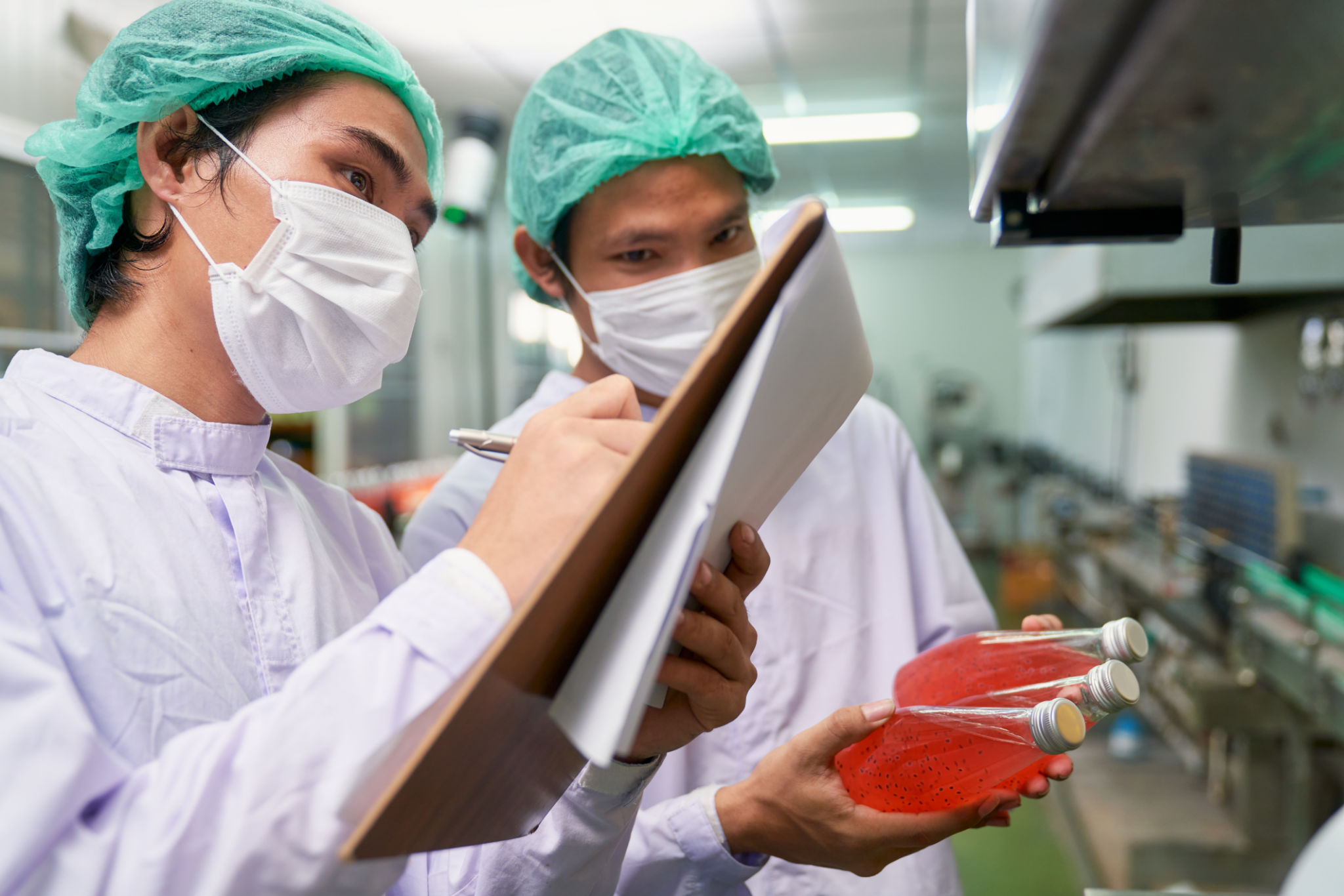Expert Tips for Maintaining High Food Safety Standards
HS
Understanding the Importance of Food Safety
Food safety is a critical aspect that affects not only the success of food-related businesses but also the health and well-being of consumers. Maintaining high food safety standards ensures that food products are safe for consumption and free from contaminants. This not only prevents foodborne illnesses but also builds trust with customers. It is essential for businesses to adhere to stringent food safety protocols to protect their brand reputation.
Implementing effective food safety measures can seem daunting, but with the right strategies and practices, it becomes manageable. Continuous education and training are crucial for all staff members involved in food handling. Understanding the underlying principles of food safety and staying updated with the latest regulations can significantly enhance your approach to maintaining high standards.

Personal Hygiene Practices for Food Handlers
One of the most critical components of food safety is personal hygiene. Food handlers must practice excellent personal hygiene to prevent contamination. This includes regular hand washing, wearing clean uniforms, and using hair restraints. Hand washing should be done with soap and water for at least 20 seconds before handling food, after using the restroom, and after any activity that could contaminate hands.
Additionally, wearing gloves can provide an extra layer of protection, but they must be changed frequently to avoid cross-contamination. Educating staff on the importance of hygiene and monitoring compliance can safeguard against potential health hazards.

Proper Food Storage Techniques
Storing food correctly is vital to maintaining its quality and safety. Improper storage can lead to rapid spoilage and increase the risk of foodborne illnesses. To ensure food safety, follow these best practices:
- Keep raw and cooked foods separate to prevent cross-contamination.
- Store perishable items at the correct temperature, ideally below 40°F (4°C).
- Label and date all stored items to ensure they are used within their shelf life.
Regularly checking refrigeration units and storage areas for proper temperature settings is also necessary. Implementing these storage techniques will help maintain the integrity of your food products.

Cleaning and Sanitation Protocols
A clean environment is essential in preventing contamination and ensuring food safety. Establishing thorough cleaning and sanitation protocols can help eliminate harmful bacteria and reduce the risk of illness. It involves regular cleaning of surfaces, equipment, and utensils, as well as routine pest control measures.
Using appropriate cleaning agents and following a strict schedule can enhance sanitation efforts. Encourage staff to be vigilant about maintaining cleanliness in all areas, including dining spaces, kitchens, and storage facilities. Properly sanitized environments contribute significantly to overall food safety.
Regular Inspections and Compliance
Conducting regular inspections is crucial in identifying potential risks and ensuring compliance with food safety regulations. These inspections help spot inconsistencies or lapses in protocols that could jeopardize food safety. Businesses should perform both internal audits and engage with external health inspectors.
Staying informed about local and national food safety regulations is imperative. Compliance not only avoids legal repercussions but also reinforces a commitment to high standards. Emphasizing a culture of safety within your organization will encourage staff to prioritize these practices.

The Role of Technology in Food Safety
Advancements in technology have revolutionized the way businesses approach food safety. Implementing digital solutions like temperature monitoring systems, automated inventory management, and traceability software can streamline processes and enhance safety measures.
These technologies allow for real-time monitoring, ensuring that any deviations are promptly addressed. Moreover, they provide valuable data that can be analyzed to improve operations and prevent future issues. Leveraging technology is a proactive step towards achieving excellence in food safety.